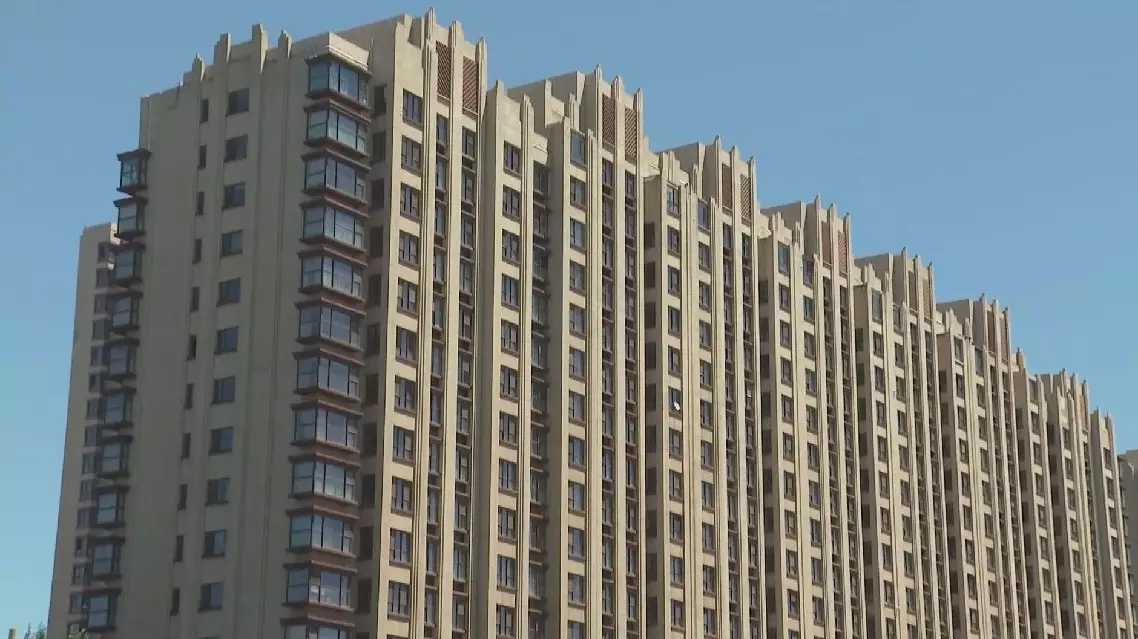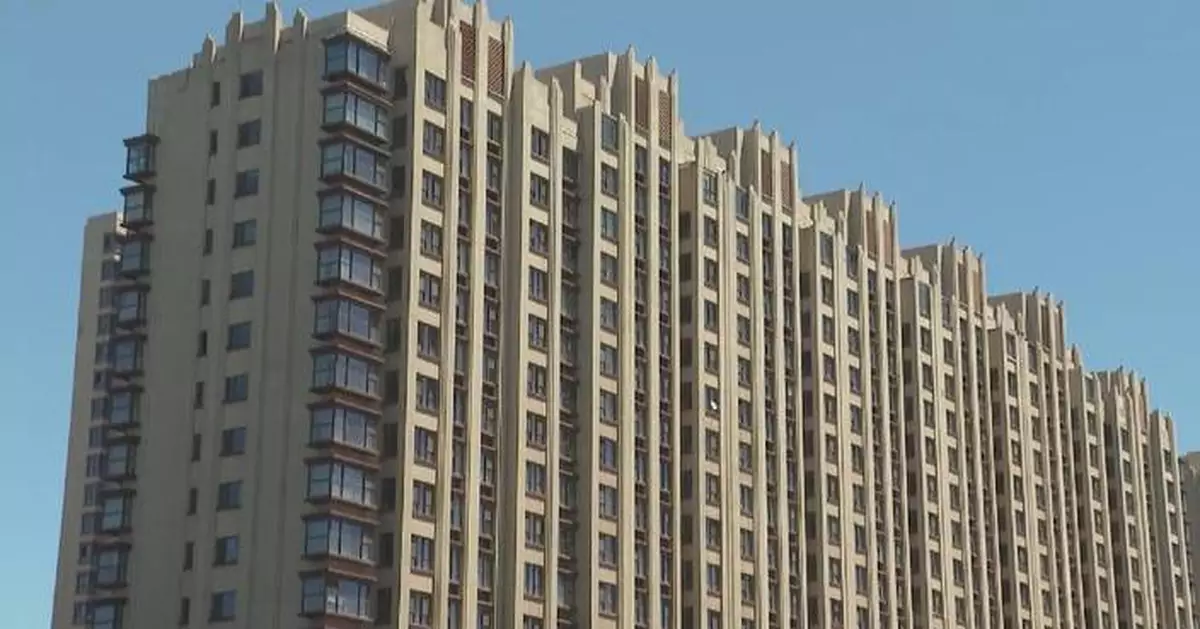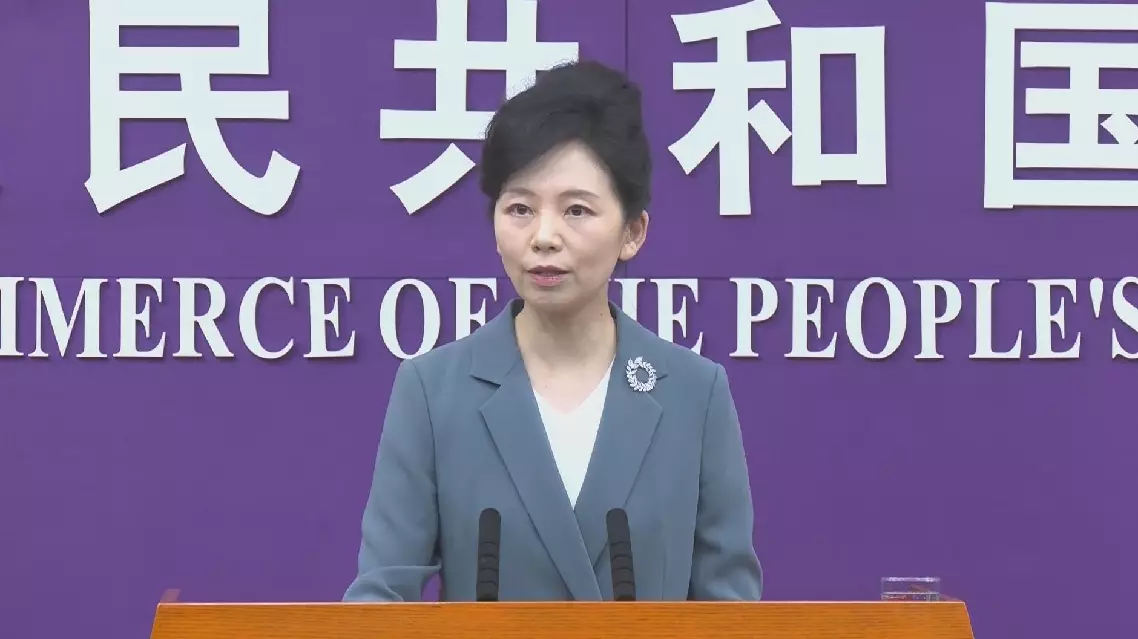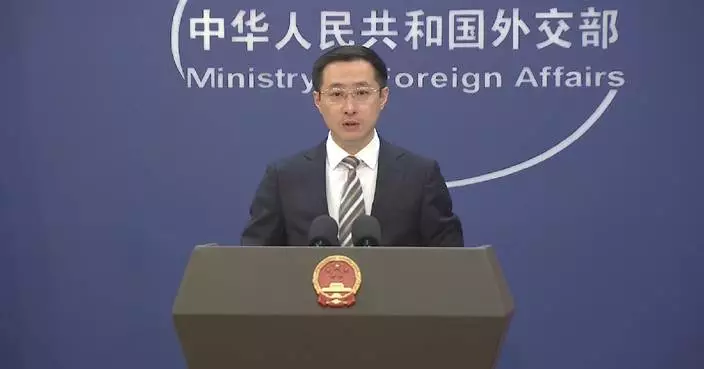House buying intention has seen an increase after Beijing and Shanghai announced further tax incentives on Monday.
The two cities announced to eliminate the distinction between ordinary and non-ordinary housing, which will result in tax reduction for property transactions.
Houses over 140 square meters are usually classified as non-ordinary housing and face higher transaction tax rates.
In accordance with the new policy, which will take effect on December 1, the two cities will exempt individuals from a 5-percent value-added taxes (VAT) on the sale of non-ordinary properties that have been owned for two years or more.
"We have seen noticeable rise in online consultancies and in customer visits. Many customers who have been hesitating now decide to tour around the houses for sale and embark on home purchasing. We can feel that their willingness to buy a house is going up," said Han Yu, a real estate agent in Beijing.
The two cities will also adopt a unified nationwide policy on personal housing deed tax.
For homes measuring 140 square meters or less, the deed tax is reduced to the minimum rate of 1 percent, while a reduced rate of 1.5 percent applies for properties larger than 140 square meters.
For those purchasing a second home for their family, a reduced deed tax rate of 1 percent will be levied for properties of 140 square meters or smaller, while a reduced rate of two percent will apply for properties larger than 140 square meters.
"The policies are really implementable. Like, for homes measuring 140 square meters or less, the deed tax is reduced to 1 percent. For families that have two children, the policy is really helpful. Since the two-child policy took effect, many families have more babies. As children grow, many families want to move from their original two-bedroom apartment to a three-room one. My house is no longer big enough to live, so, I have been touring around the houses for sale," said Zhao Jing, a Beijing resident.
In response to the sluggish property market, China has introduced a series of measures in recent months, including reductions in mortgage rates, lower down-payment requirements, and the easing of purchase restrictions.

New policies of Beijing, Shanghai help boost housing purchase intention




















































